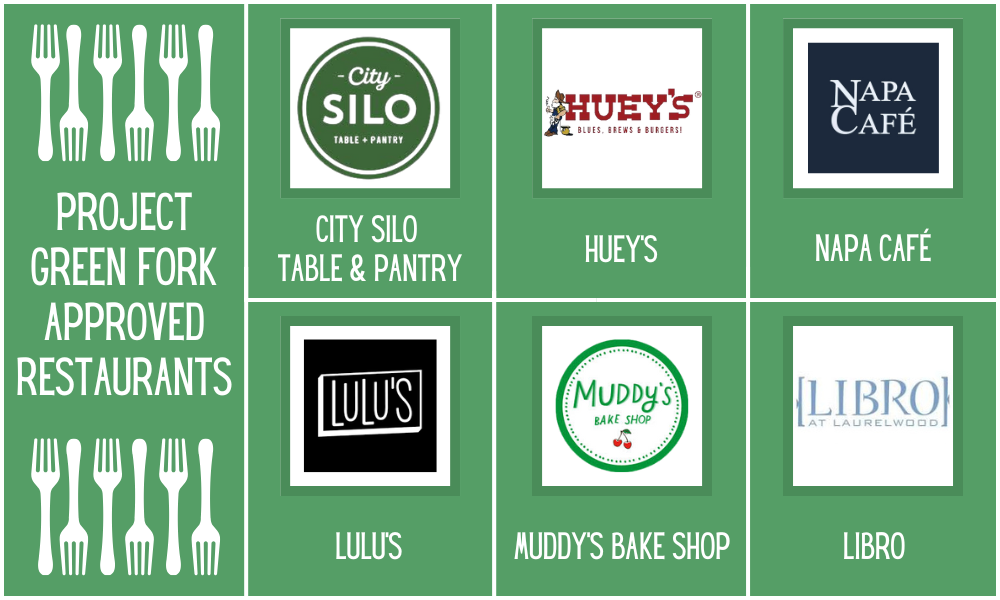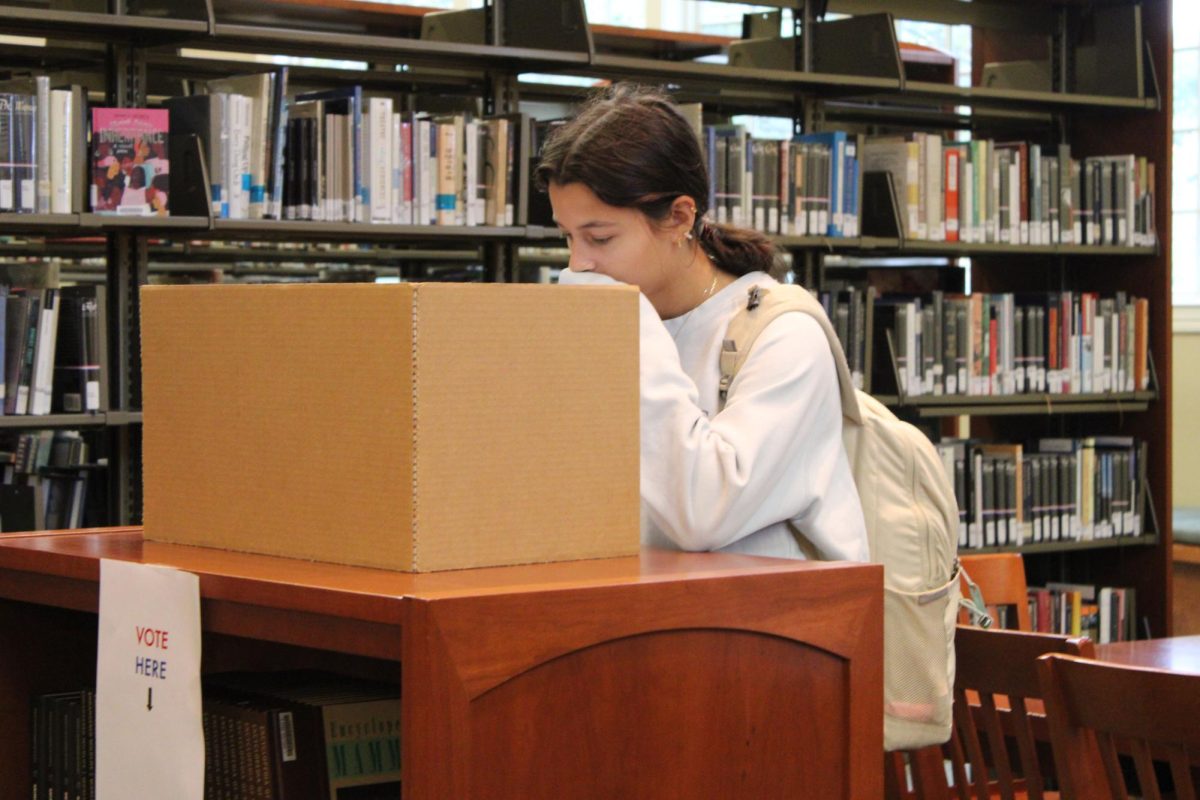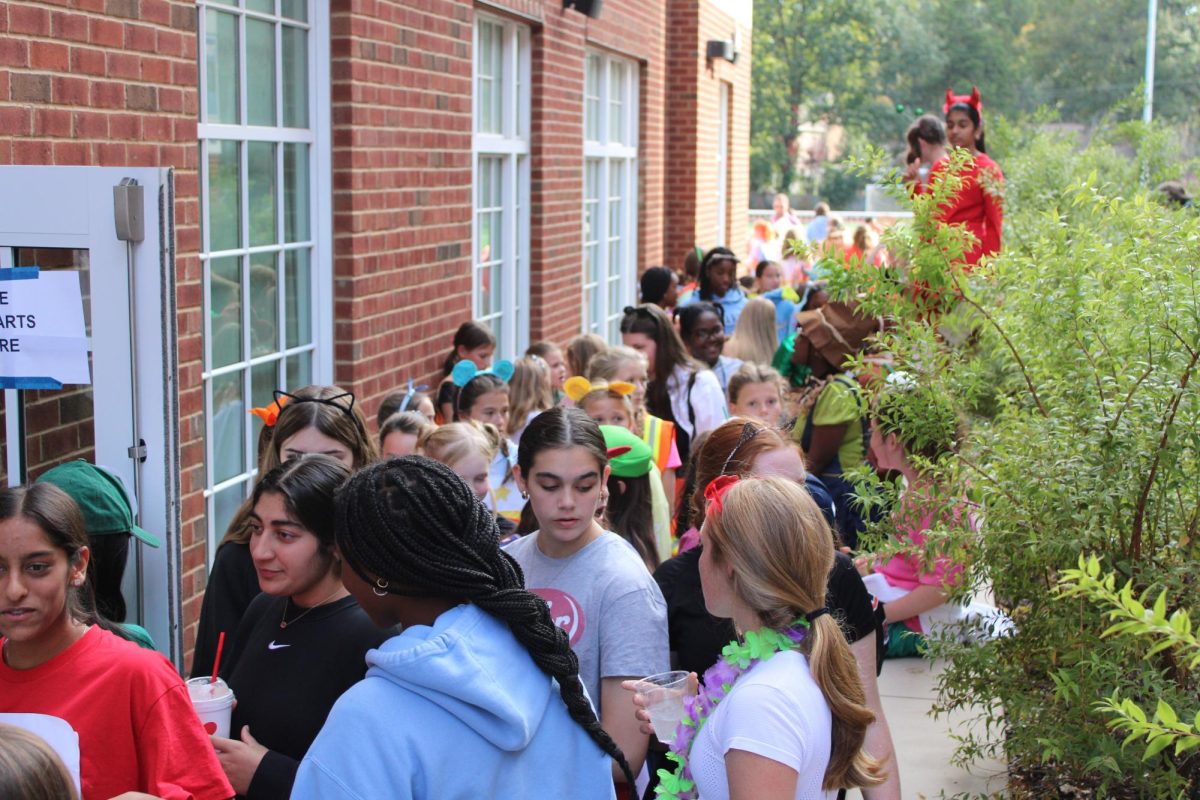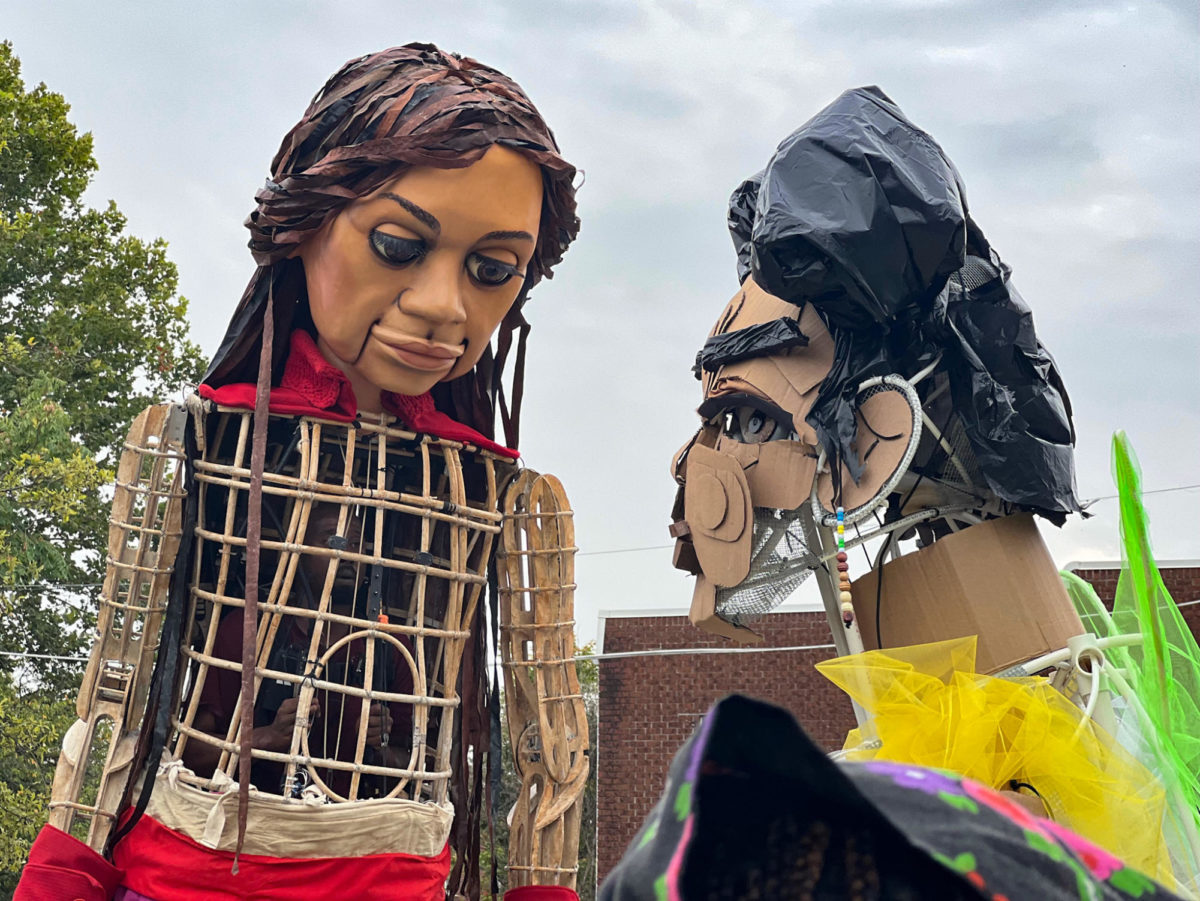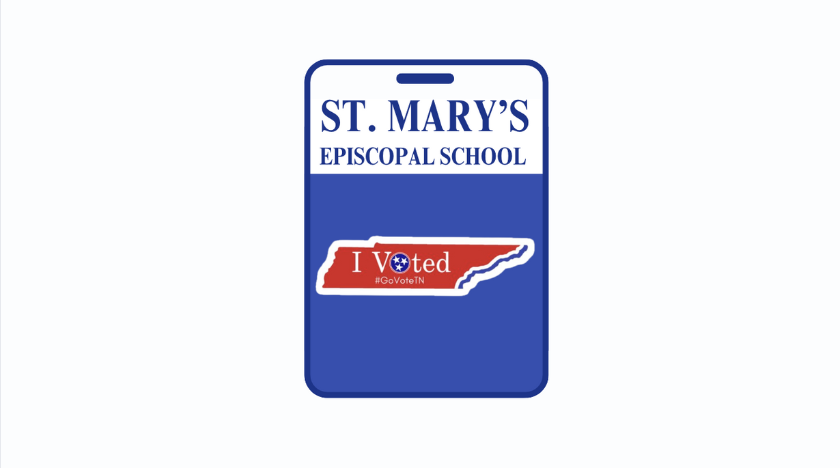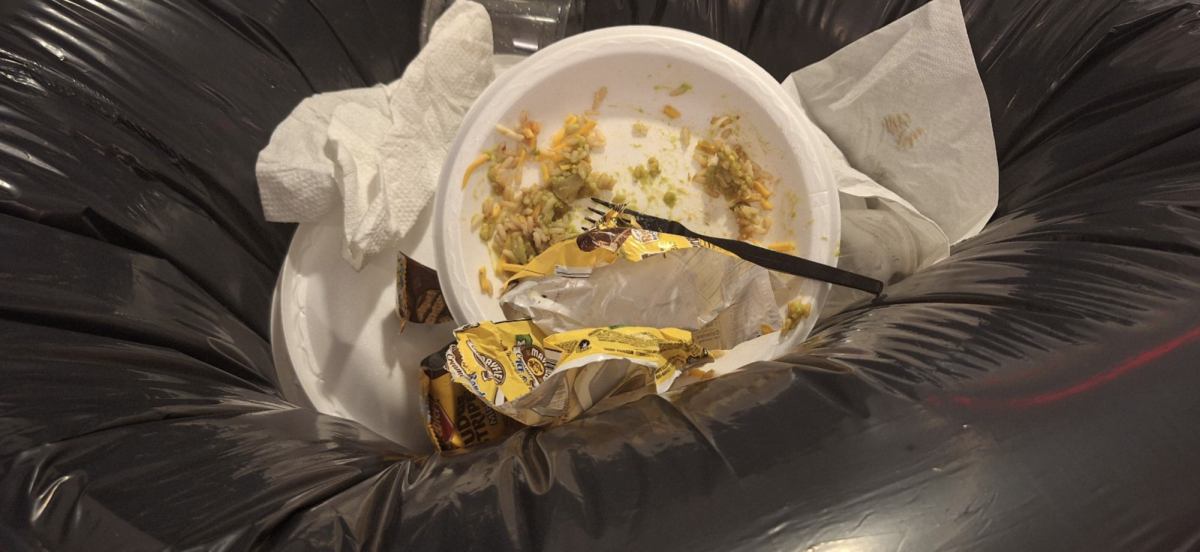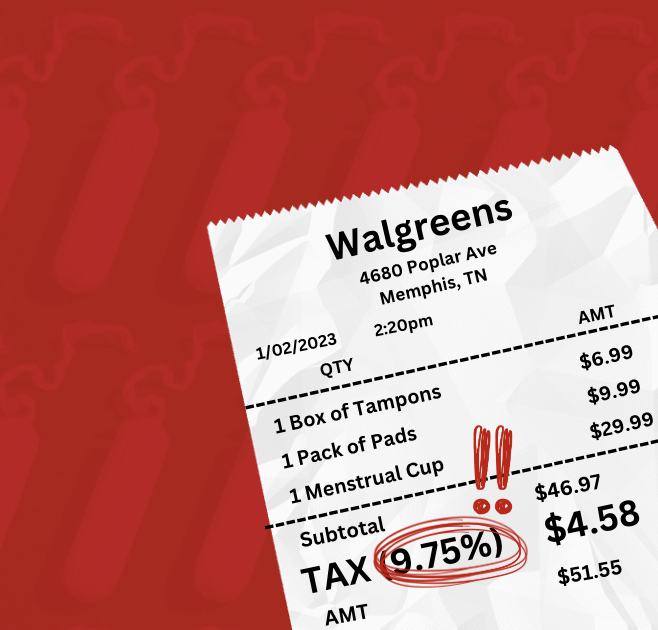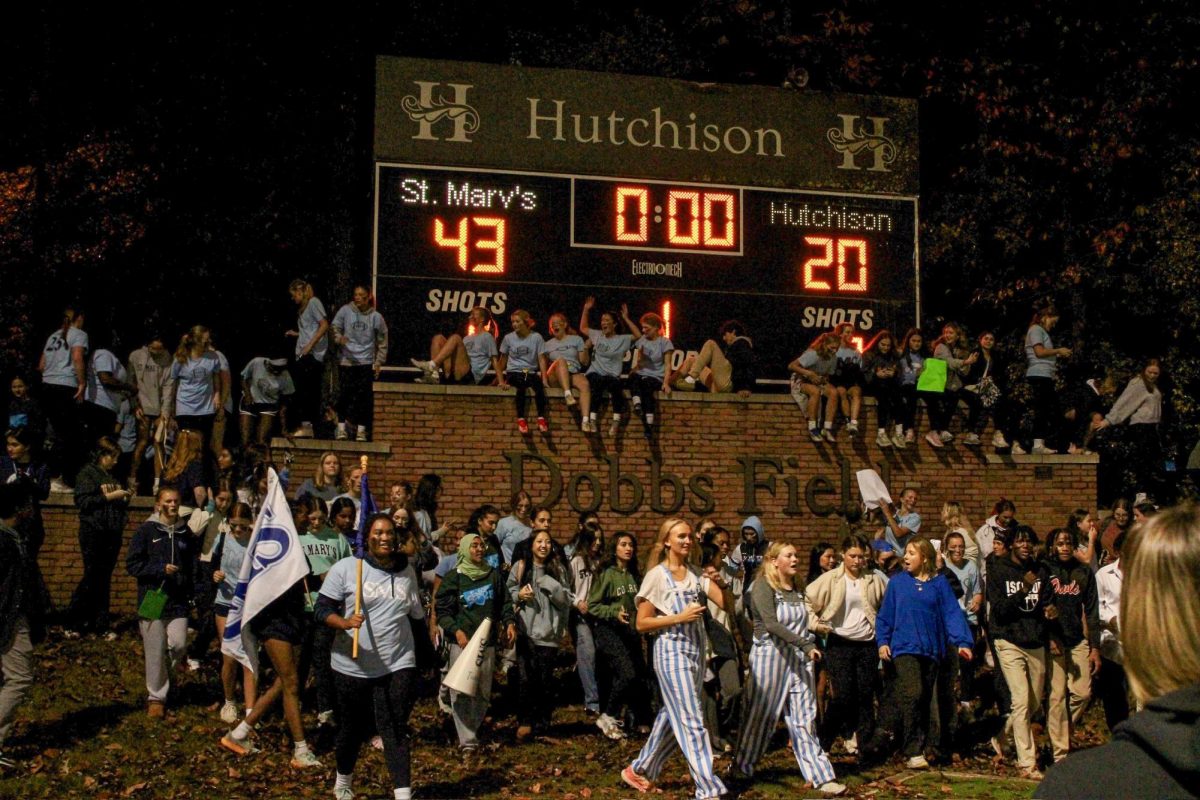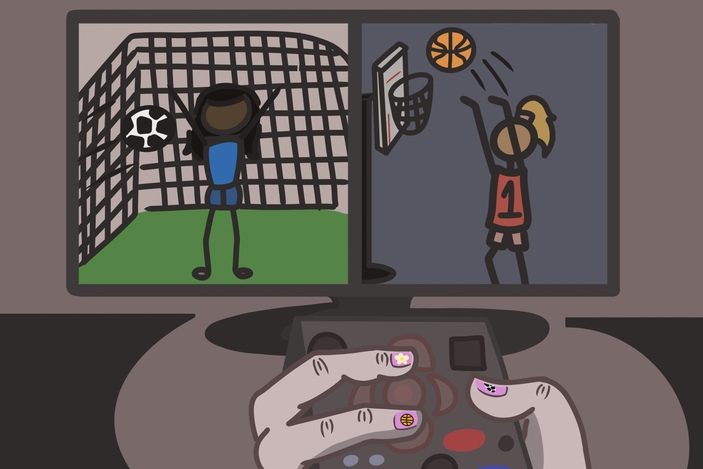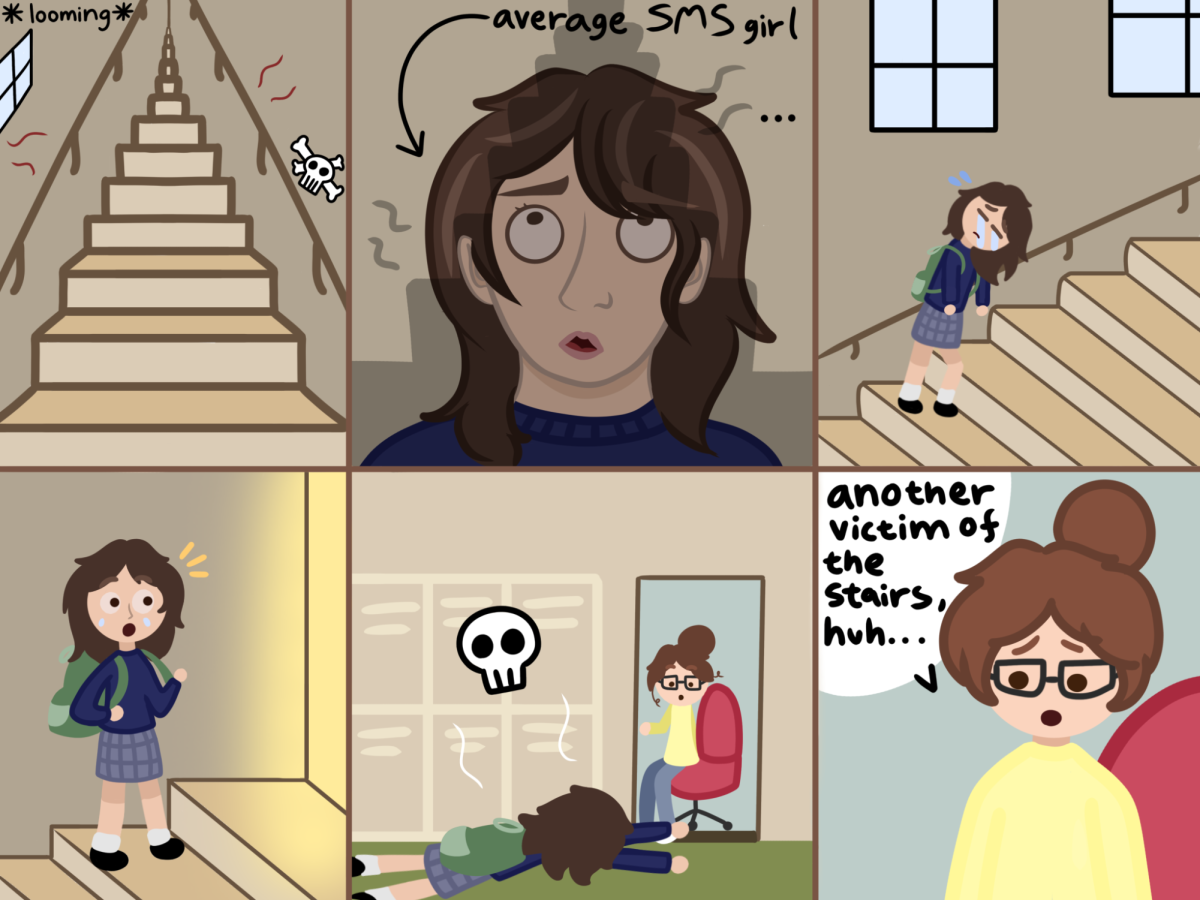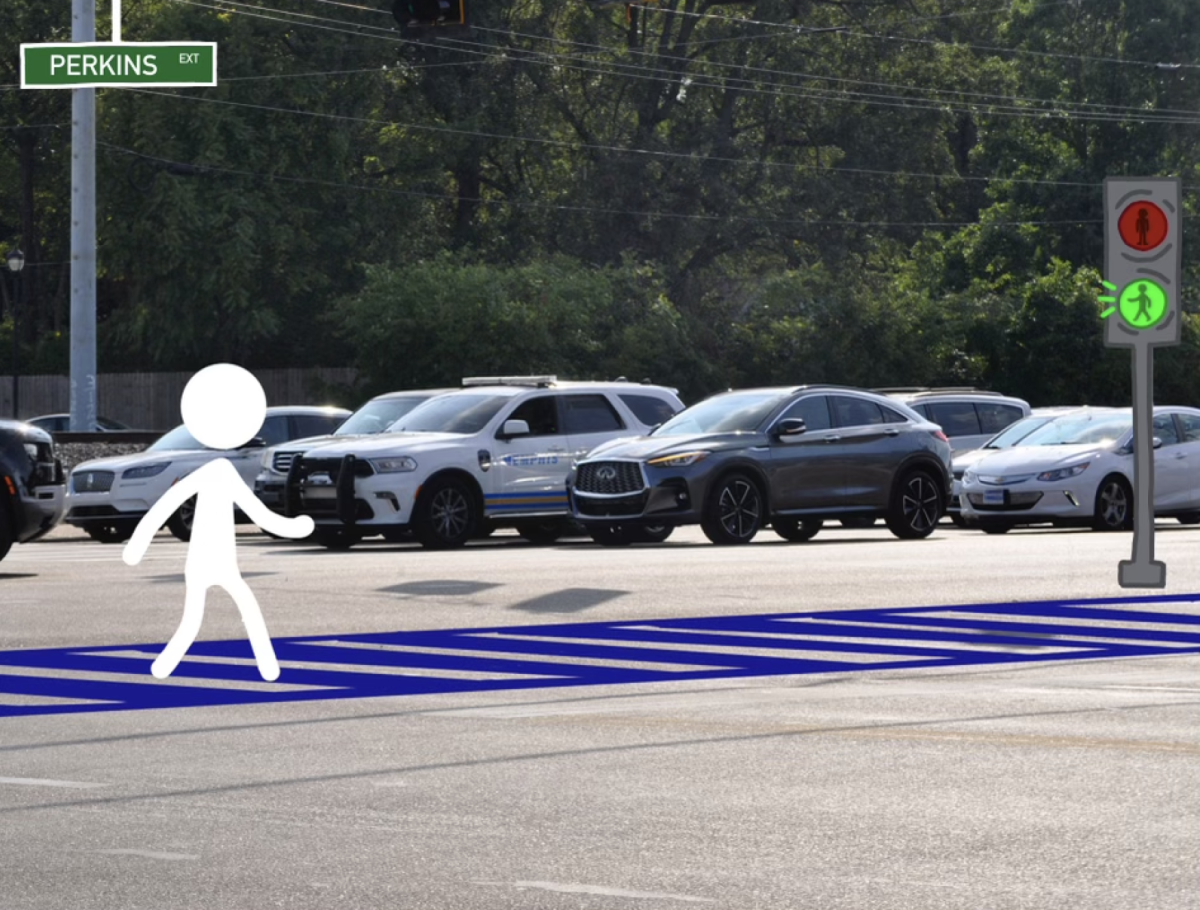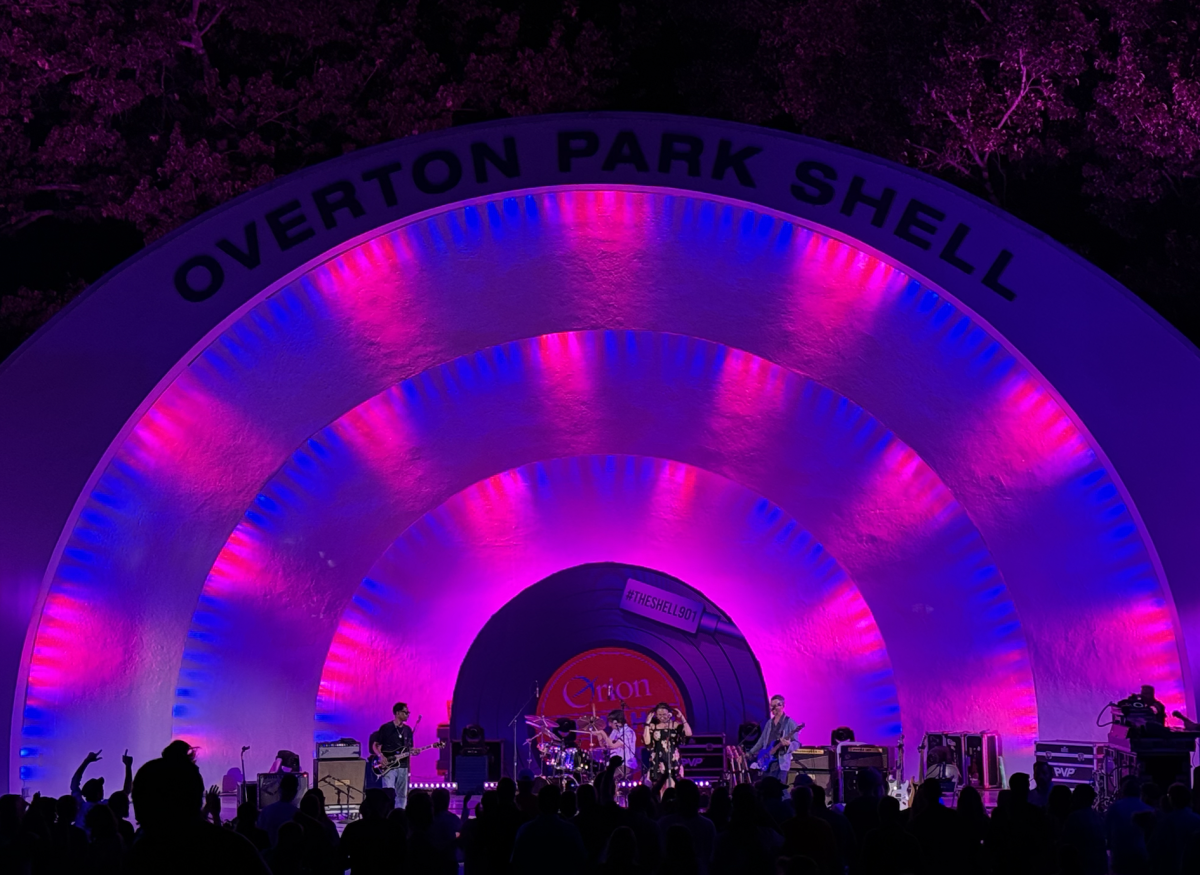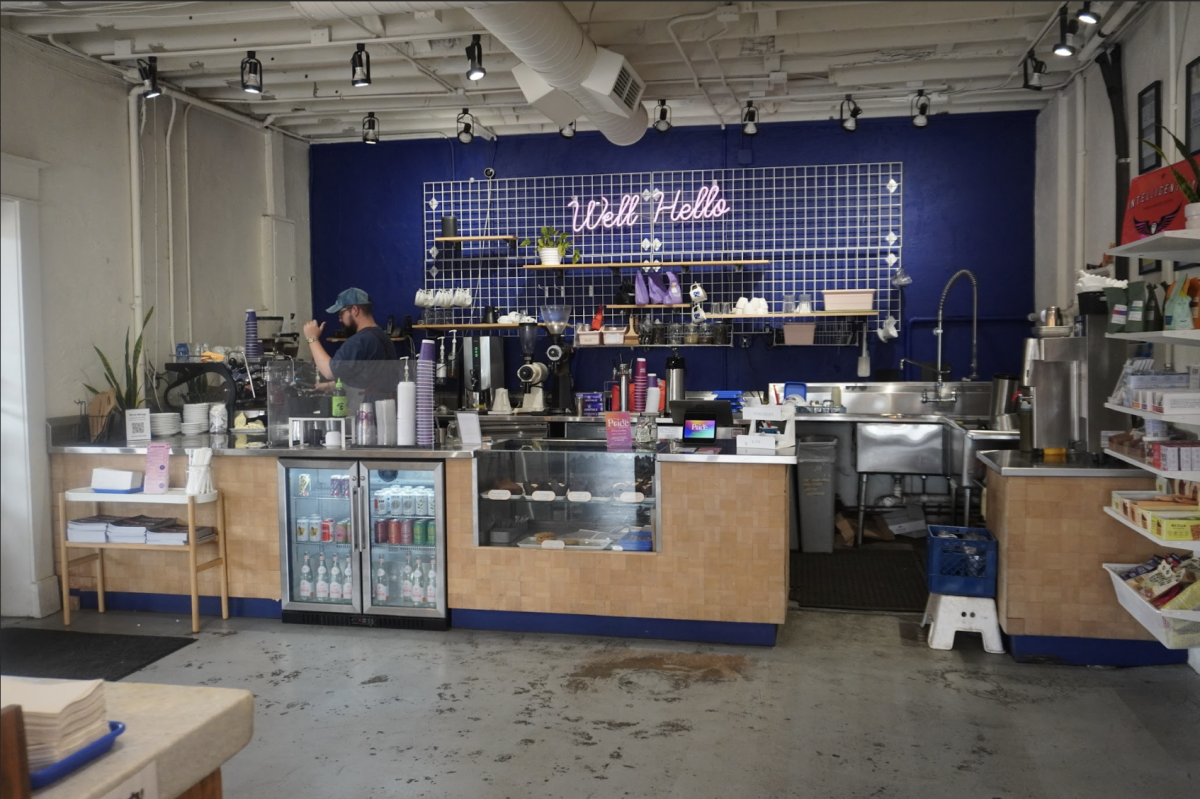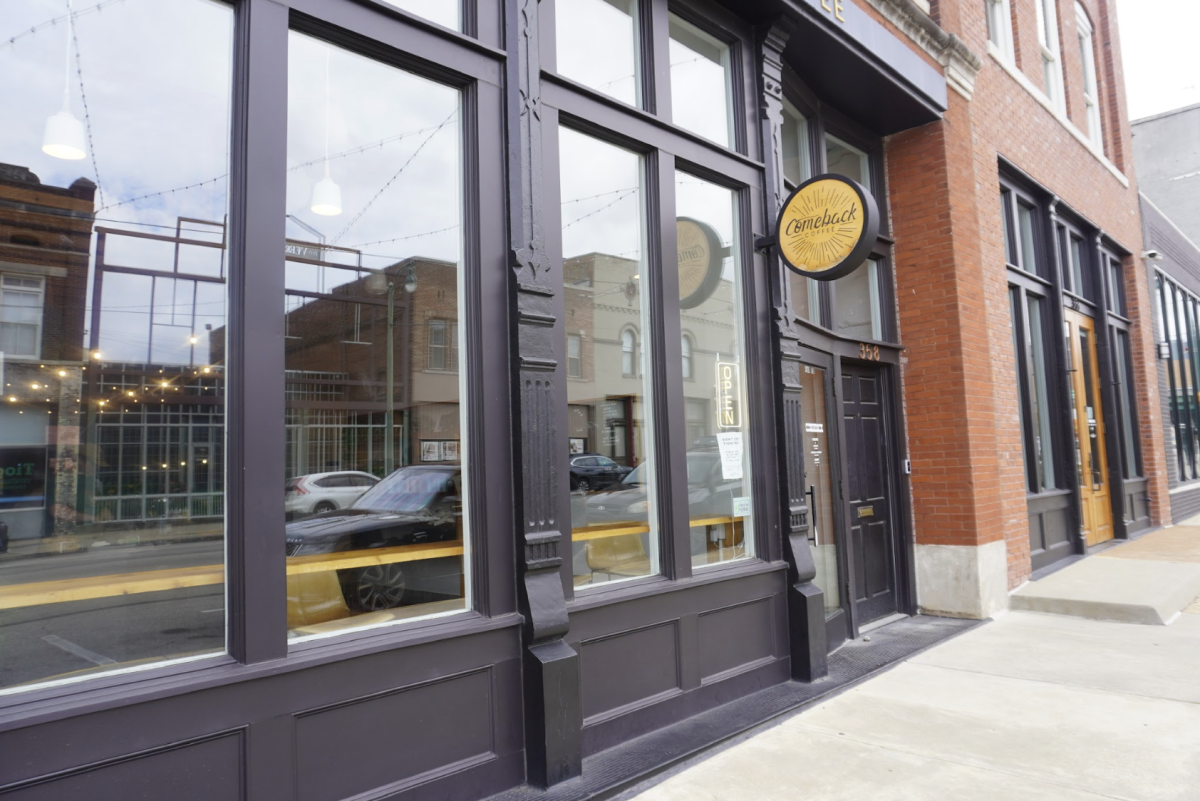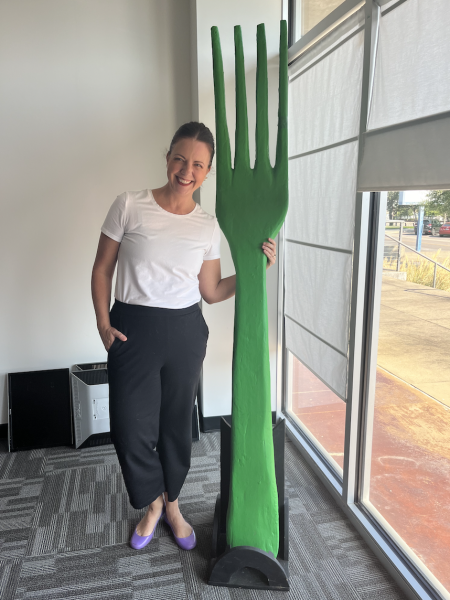
Like many cities, Memphis struggles with the twin problems of food waste and food insecurity, but one giant green fork and a dedicated team are taking a stab at solving the issue.
According to their website, Project Green Fork is a Memphis based non-profit that “contributes to a more sustainable mid-south by helping reduce environmental impacts.”
For Leann Edwards, a Project Green Fork team member, this means working to create a “sustainable food system for all Memphians.”
“We do that through reducing food waste, connecting local partners and promoting green dining practices,” she said. “Our overall goal is a 50% reduction in food waste in Memphis by 2030.”
Considering the state of food insecurity in Memphis, Project Green Fork is taking steps to address one of Memphis’s sizable challenges.
“The national average for food insecurity is about one in nine [people],” she said. “And here [in Memphis] it’s one in five, and when we’re talking about school-aged children, it’s actually one in four.”
Numbers can differ – the Mid South Food Bank estimates that about 15% of people in Shelby County are food insecure – but it’s safe to say a lot of people in this region don’t have enough to eat. In the total Mid-South area, 30.2% of children are food insecure. 12% of Memphis residents live in a food desert, which makes Memphis home to the largest number of people living in a food desert.
One of Project Green Fork’s major operations is their food-saving program. Through this, they take food from restaurants that would otherwise be thrown away and donate it to food-insecure Memphians.
“We have moved 20,696 pounds of donatable food through the system, and we’re focused on prepared foods,” Edwards said. “We have 38 food donors and 25 rescue organizations.”
Project Green Fork also encourages individuals to reduce their food waste.
Between restaurants and homes, the Natural Resources Defense Council estimates that there are about 5,000 tons of rescue-appropriate food in Memphis every year. In other words, Memphians throw away 5,000 tons of food that is safe to eat every year.
“We will never capture all of that [food],” Edwards said.
However, 43 restaurants are reducing their food waste because of Project Green Fork.
Before a restaurant can donate food through Project Green Fork, they must first become certified.
“[To] become Project Green Fork certified, [restaurants] take on six steps of waste reduction, waste diversion, using sustainable packaging, maintaining their spaces using green cleaners and reducing their water and energy consumption,” Edwards said.
Project Green Fork Certified restaurants within a ten-minute drive of St. Mary’s include City Silo Table & Pantry, Huey’s, Libro, Napa Café, Inspire Community Café, LuLu’s and Muddy’s Bake Shop.
Since Project Green Fork began, Edwards said she feels great change has been made.
“Memphis is kind of an exciting place to be to me, because in broader terms, there’s not as much action around food waste reduction in the southeast,” Edwards said. “There will be [more] as we learn more and more about its impact on the environment.”
Ruba Elabiad contributed to this story.
